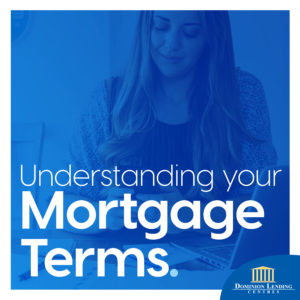
Pay close attention to the prepayment terms and conditions in your mortgage commitment.
Prepayment penalties apply to almost every mortgage
All of the banks have what they call customer retention programs. In the mortgage fine print of a fixed rate mortgage, it is called a prepayment penalty. In more positive terms, a prepayment privilege. Most lenders have a 15% annual prepayment privilege, and some have 20% prepayment privilege. If you exercise your annual prepayment privilege, you don’t encounter a penalty. If you go beyond the privileged prepayment, you will incur a penalty. These penalties exist because the mortgage holder has either contracted with GIC holders and offered them a guaranteed rate of return. Alternatively the lender may have sold your mortgage on the bond market and needs to buy it back.
Not all prepayment penalties are created equal
The big five banks often use a sleight of hand in their interest rate differential. This takes the form of factoring a discount between their posted rate and the rate that they issue you in your mortgage contract. I have seen this go as high as 7% of the outstanding principal. The monoline lenders where I place most of my clients’ mortgages have a simpler way of calculating their interest rate differentials. Their interest rate differential is the difference between your current rate and the rate on a similar time period remaining in your mortgage. Usually, this amounts to about 1% or less of the outstanding balance.
Variable rate may be an option
In contrast, the easiest way to avoid prepayment penalties is to go with a variable rate mortgage. Unfortunately, for the first time in 30 years, these are more expensive than the fixed rate mortgages (by about 0.8%) . A variable rate mortgage has a simple three months of interest penalty. If you’re likely to need to break your mortgage before the term is up, talk with me to see if this makes sense.
No such thing as free cash
Also, be aware also of cash-back mortgages. The lender gives you a set amount of percentage of cash at the start of the term. Then, you pay for this cash throughout the term with a higher interest rate. There is at least one big 5 bank that if you repay your mortgage at any point before the end of the term, even the day before, you owe them the entire cashback amount that they advanced at the start of the term. This is despite the fact that you’ve been paying for this cash throughout the term with a higher interest rate. The lesson here is to use a mortgage professional such as myself to walk you through the terms and conditions of the lender’s mortgage commitment. This helps guarantee that you’re not surprised if life happens and you need to repay the mortgage.
Brian Turner
249-353-3278
bturner@nextdayapprovals.ca
